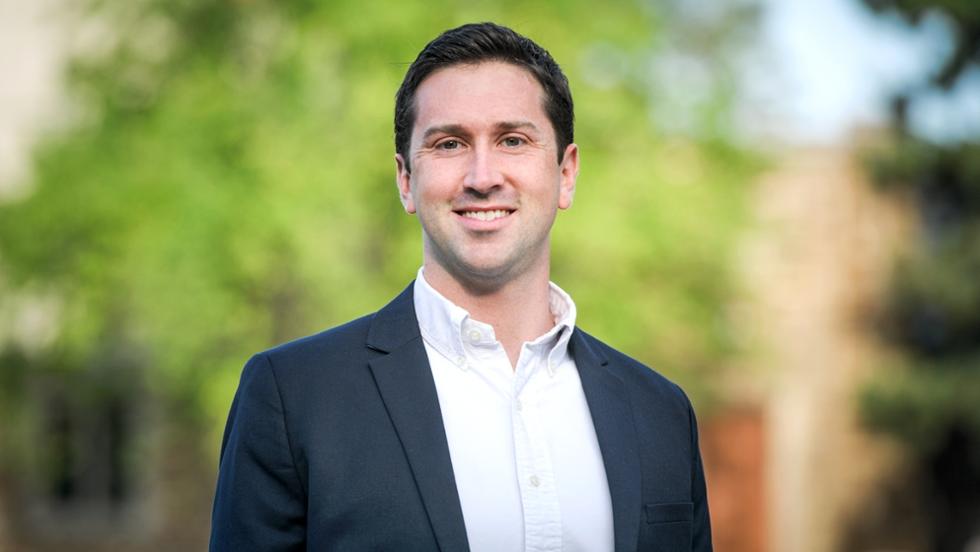
Grace and co-author Long Doan of the University of Maryland said that between one-fifth and one-third of people who are transgender have been refused treatment by a medical provider due to their gender identity. In their study, they used findings from a nationally representative survey that examined common justifications issued by providers for the denial of healthcare and the race and gender identity of the person being denied care, and how these factors intersect to shape public opinion concerning the acceptability of treatment refusal.
The authors analyzed more than 4,800 survey responses to learn about attitudes toward two fairly common reasons given for refusal of care — religious objection and inadequate training in transgender medical care. They found that though most respondents oppose the denial of medical care to trans people in general, a religious objection was viewed as less acceptable than a medical justification of inadequate training.
Among other considerations Grace and Doan looked at were how respondent gender identity and race affected attitude, and differences in attitude based on whether the patient was a trans man or trans woman and whether they were Black, White, Latinx, or Asian.
Posted March 21, 2022
